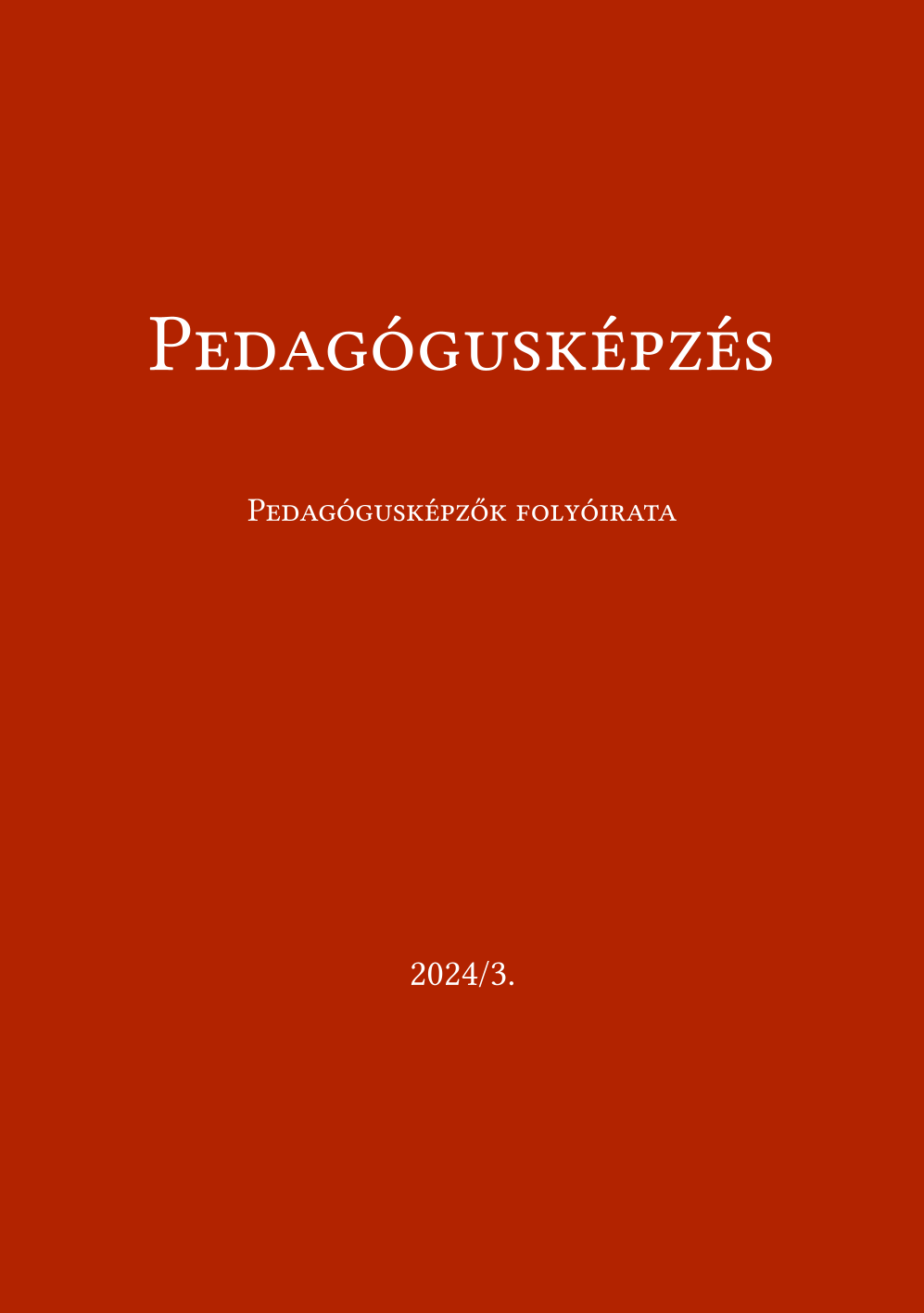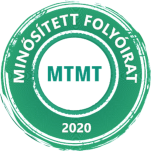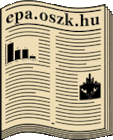Reflection on mentoring and talent management in disadvantaged areas
DOI:
https://doi.org/10.37205/TEL-hun.2024.3.08Keywords:
mentoring, mentoring program, talent developmentAbstract
The following reflective writing – in connection with ELTE’s Teach for Hungary (TMO) programme – presents a self-reflective dialogue between a student working as a mentor and her course instructor, on the interpretation of the tasks of talent development in mentoring, through the processing of their own experiences.
ELTE has been participating in the Teach for Hungary programme, which is one of the most widely spread mentoring programmes in Hungary that brings together primary school students (Tanítsunk Magyarországért, 2023). Previous studies published in the journal Mother Tongue Pedagogy (Antalné,2021, Tókos, 2023) presented the organizational principles of ELTE’s TMO programme, its good practices in mentoring, and the experiences of its preparatory and support courses.
This article is going to focus on a special facet of the TMO programme, namely on its talent development objectives and related mentoring experiences.
References
Antalné Szabó, Á. (2021). Lehetőségek egy kortárs mentorprogramban. Anyanyelv-pedagógia, 14(3). https://doi.org/10.21030%2Fanyp.2021.3.11
Csikszentmihalyi, M. (1996). Creativity: Flow and the Psychology of Discovery and Invention. Harper. https://www.rochester.edu/warner/lida/wp-content/uploads/2022/11/creativity-by-mihaly-csikszentmihalyi.pdf
Fuszek, Cs. (2021). Fókuszban a hátrányos helyzetű fiatalok tehetséggondozása. https://tehetseg.hu/aktualis/fokuszban-hatranyos-helyzetu-fiatalok-tehetseggondozasa (2024. június 8.)
Gordon Győri, J. (2021). Globális tendenciák a tehetségnevelésben. Magyar Pszichológiai Szemle, 76(2), 477–493. http://doi.org/10.1556/0016.2021.00015
Gyarmathy, É. (2010). A tehetséggondozás pszichológiája. Magyar Pszichológiai Szemle, 65(2), 221–232. https://doi.org/10.1556/mpszle.65.2010.2.4
Gyarmathy, É. (2013). A tehetséggondozás változási kényszere. Iskolakultúra, 23(3–4), 101–109.
Katona, N. (2020). Útmutató a tehetséges tanulók integrált neveléséhez. Oktatás 2030. Eszterházy Károly Egyetem. https://www.oktatas2030.hu/wp-content/uploads/2020/10/utmutato-a-tehetseges-tanulok-integralt-nevlesehez.pdf
Petersen, P. (1998). A kis Jena-Plan. Osiris Kiadó.
Szántay, Cs. (2023). Gondolatok a Természettudományosan Csillogó Szemek Fel- És Eltűnéséről. Avagy: A TETT-Mesepályázatról – Másként. Magyar Kémikusok Lapja, 78, 2–21. https://www.mkl.mke.org.hu/images/Dokumentumtar/Kulonszamok/2023_TETT/MKL_2023-kulonszam_SzantayCs_A-mesepalyazatrol-maskepp.pdf
Tókos, K. (2023). Tudásmegosztás, egymástól tanulás a Tanítsunk Magyarországért Program kurzusain. Anyanyelv-pedagógia, 16(1), 79–93. https://doi.org/10.21030/anyp.2023.1.5
Ziegler, A. & Phillipson, S. N. (2012). Towards a systemic theory of gifted education. High Ability Studies, 23(1), 3–30. https://doi.org/10.1080/13598139.2012.679085
Downloads
Published
How to Cite
Issue
Section
License
Copyright (c) 2025 The author(s)

This work is licensed under a Creative Commons Attribution-NonCommercial-NoDerivatives 4.0 International License.








